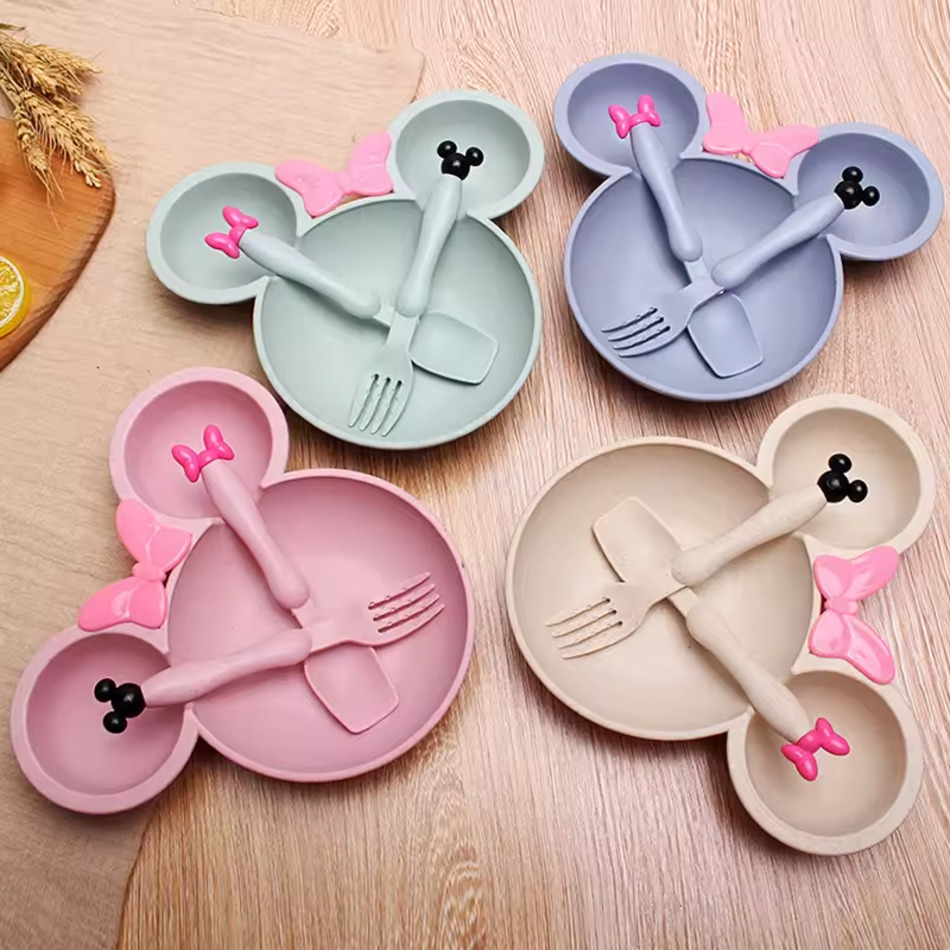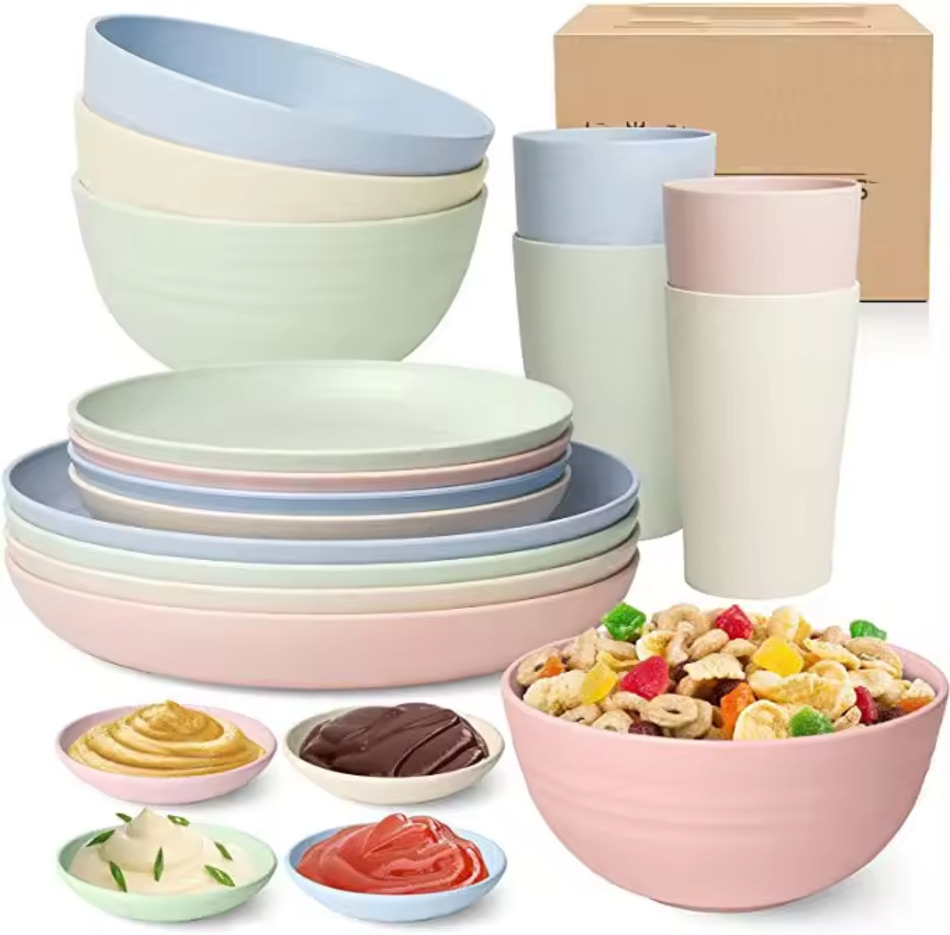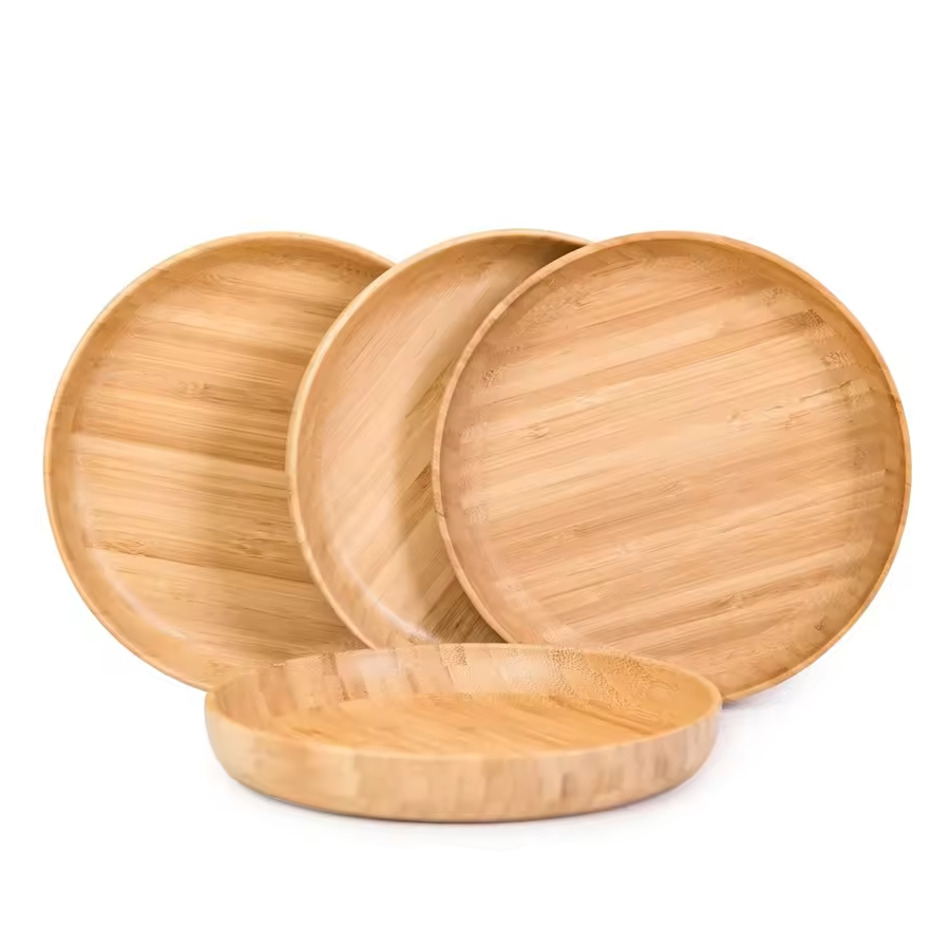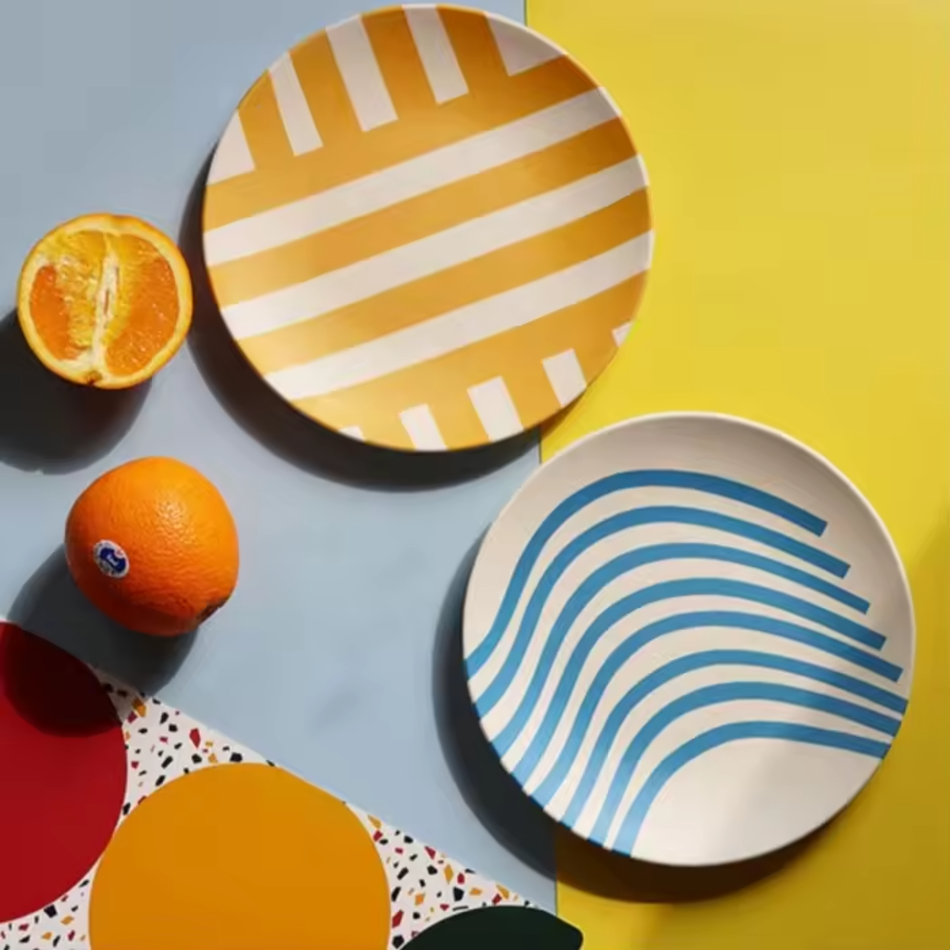At the 2025 China Environmental Protection Industry Expo, an exhibition showcasing environmentally-friendly tableware technology has attracted widespread attention: microwave heatable polylactic acid meal boxes, high toughness wheat straw meal plates, and rapidly degradable bamboo tableware are all showcased. These practical and environmentally friendly products are backed by breakthroughs in core technologies such as material modification and intelligent production. Nowadays, technological innovation is becoming the key to breaking the dilemma of “high price and weak performance” of environmentally friendly tableware, leading the industry to accelerate upgrading.

In the past, environmentally friendly tableware was priced much higher than traditional plastic tableware due to high raw material costs, complex production processes, and some products had problems such as poor heat resistance and easy leakage. Nowadays, the breakthrough in bio based material modification technology has brought a turning point to this situation. The relevant R&D team modified polylactic acid (PLA) material by adding plant-based toughening agents, increasing the heat-resistant temperature of tableware from 60 ℃ to 120 ℃, while reducing production costs by 18%. The modified PLA tableware can be directly used for holding hot soup and microwave heating, with performance comparable to traditional plastic tableware but only 20% higher in price. It has entered the supply chain of chain catering brands. ”

In terms of production technology, the intelligent upgrade of wheat straw molding technology has also achieved significant results. The fully automated production line launched in the industry optimizes the ratio of wheat straw fibers and hot pressing parameters through AI algorithms, which not only solves the problem of straw tableware being easily brittle, but also increases production efficiency by 25% and product qualification rate from 82% to 97%. In the past, producing 10000 sets of tableware required 7 workers, but now 2 people can operate intelligent devices to complete it, reducing labor costs by nearly 70%. “Technicians said that after the process upgrade, the unit price of wheat straw tableware has been reduced to 1.1 yuan, and the price difference with traditional plastic tableware has narrowed to 0.3 yuan. It has been widely used in primary and secondary school canteens and chain fast food restaurants.

The field of bamboo tableware has also seen new technological breakthroughs. The newly developed bamboo fiber eco-friendly tableware, through innovative “low-temperature carbonization+addition of biodegradable agents” process, not only retains the natural toughness of bamboo, but also shortens the degradation time to 36 hours, and avoids the problem of traditional bamboo products being prone to mold. We have also optimized the utilization rate of bamboo, converting all previously discarded bamboo shavings and bamboo joints into production materials, reducing raw material costs by 15%. Currently, we have launched a series of products such as meal boxes and spoons, with a high praise rate of 92% in pilot projects of high-end homestays and green restaurants

Industry experts point out that with the continuous advancement of technological innovation, environmentally friendly tableware is shifting from “alternative choices” to “preferred solutions”. In the future, with the deep integration of technologies such as biosynthesis and 3D printing with the environmentally friendly tableware industry, the industry will achieve a comprehensive balance of cost, performance, and environmental friendliness, providing strong support for achieving the “dual carbon” goal.
Post time: Sep-17-2025











